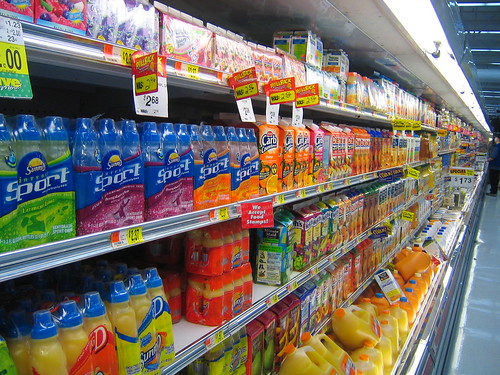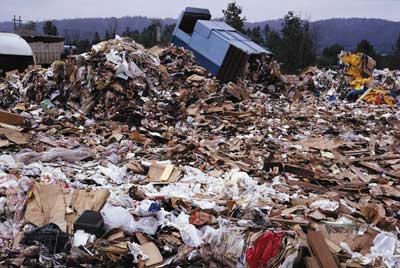 Human society is a very complex society. It is far more complex and intricate than anything that can be found in nature. It is more complicated than a beehive, an ant colony, coral reef, or a termite community. Unlike other animal societies, human society retains the individuality of its members. It is also a highly flexible society. Although it has highly specialized sectors, its members can easily change roles. Its individual members can even have multiple roles at the same time. Unlike other animal societies, human society is very dynamic. It evolves faster than its individual members. It has evolved to cater not only to mere survival of its members but also to artistic and scientific pursuits. It has become sophisticated enough to appreciate the beauty and grandeur of nature. It is capable of understanding the very fabric of the universe itself. It is capable of reflecting unto itself. It is the only society that has the concept of future. It is capable of learning and passing down its knowledge from one generation to the next.
Human society is a very complex society. It is far more complex and intricate than anything that can be found in nature. It is more complicated than a beehive, an ant colony, coral reef, or a termite community. Unlike other animal societies, human society retains the individuality of its members. It is also a highly flexible society. Although it has highly specialized sectors, its members can easily change roles. Its individual members can even have multiple roles at the same time. Unlike other animal societies, human society is very dynamic. It evolves faster than its individual members. It has evolved to cater not only to mere survival of its members but also to artistic and scientific pursuits. It has become sophisticated enough to appreciate the beauty and grandeur of nature. It is capable of understanding the very fabric of the universe itself. It is capable of reflecting unto itself. It is the only society that has the concept of future. It is capable of learning and passing down its knowledge from one generation to the next.On the other hand, sophisticated as it is, human society is far from being perfect. It is still striving to achieve utopian ideals. Despite of its wealth, many of its members are still not benefiting from its progress. Its distribution of resources is inefficient. It is ironic that in the midst of plenty, many are still hungry and are barely able to survive. Scarcity is not the problem but the way wealth and resources are distributed. It is a society that is based on consumerism. Only those who have the capacity to buy are the ones that benefit most from the products and services that it produces. Good quality of life is accessible only to a minority. There are even sectors of this society that do not even have access to basic survival needs.

Consumerism as an economic system of the human society is an unjust and inefficient system. It is a system that is not anymore based on actual needs but rather on artificial wants. These are wants created by the mass media. People are not anymore eating merely to satisfy their hunger. They eat to satisfy their palate. People are not anymore wearing clothes as protection against the weather. They are wearing clothes to show-off. The more expensive a piece of clothing, the more desirable it becomes even if it is not anymore practical to wear. Some people are building houses not anymore to serve as shelters. They build houses to showcase their success or exhibit their wealth. It is really hard to understand why the broom closets of some mansions need to be more expensive than the shacks along river banks occupied by at least six-member families each.
Consumerism is not based on needs but based on greed. It fuels the individual desires to have more possessions even if these possessions are not anymore necessary and only become burdens. Ironically, consumerism produced communication technologies but it has made communication gaps become wider. To some extent, computers, cellular phones, and the internet paradoxically isolated individuals rather than making them more cohesive. Some people have lost the capacity to communicate in an individual or personal level. Gadgets seemed to have made some people numb about other people.
On the other hand, consumerism has impact not only on the social behaviors of people but also on the biosphere itself. Consumerism is taking too much from natural resources and converting these raw materials into unnecessary but coveted products. Hence, natural resources are depleted much faster than it is being replenished. Some resources are not even renewable. Consumerism is taking too much from nature without replenishing it. At the same time, it is also dumping waste in the process. Unlike other systems, such as a forest or a coral reef, the resources are not effectively used and recycled by the human society. Balance is therefore not preserved. Consumerism is the complete opposite of the natural order.
Take for instance the case of the automobile industry. It is an industry being sustained by the mining the earth of petroleum and metal. Petroleum products end up polluting the air as they are converted to greenhouse gases. On the other hand, the metal parts of the automobiles end up rusting in junkyards. Although some of these metals are recycled, large bulk of these materials are lost to oxidation. Just imagine how many tons of rocks and soil have to be removed just to produce the metals needed for car production. Just imagine how much river, lake, or ocean siltation it causes. On the other hand, some of the materials used in cars are not recyclable. Materials such as polymers and fiber glass end up in some landfills, waiting millennia to be decomposed.
 Consumerism resulted to the mass production of surplus products that eventually end up as garbage. Every time you shop, you contribute to the piling up of garbage. The irony of this is that most of these products benefit only very few people in spite of their abundance. Significant amount of these products are only wasted. To prove this concept, just visit the food court of a nearby mall. Observe how much food end up in the garbage bin.
Consumerism resulted to the mass production of surplus products that eventually end up as garbage. Every time you shop, you contribute to the piling up of garbage. The irony of this is that most of these products benefit only very few people in spite of their abundance. Significant amount of these products are only wasted. To prove this concept, just visit the food court of a nearby mall. Observe how much food end up in the garbage bin.Human society is a sophisticated society. However, it is not sophisticated enough to provide for all its members. It is not sophisticated enough to be capable of optimizing resources without too much non-recyclable waste. When it comes to this aspect, an ant colony can be considered to be a far more efficient and just society.





No comments:
Post a Comment